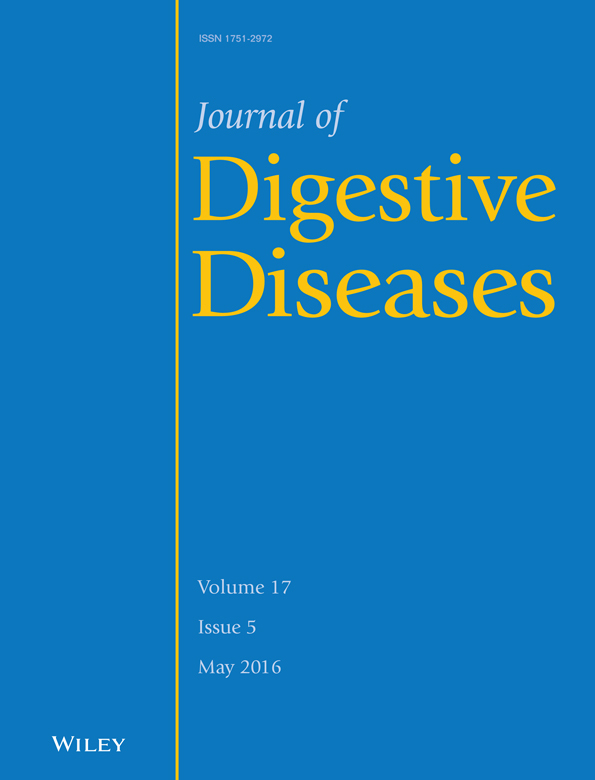Diverticulitis: does age matter?
Abstract
Objective
Acute diverticulitis has been traditionally associated with worse outcome in young patients, indicating a more aggressive surgical approach is required for them. The aim of this study was to assess whether acute diverticulitis was more virulent in young patients.
Methods
A retrospective, cross-sectional study included all patients who were admitted for a first episode of acute diverticulitis between January 2004 and December 2013. The patients were divided into two groups (≤50 years and >50 years) based on their age. Patients' characteristics, clinical and surgical data were recorded and analyzed.
Results
Overall, 636 patients were included in the database, including 177 (27.8%) in the younger group and 459 in the elder group. There were no significant differences between the groups in disease complexity, peritonitis, laboratory work-up, vital signs on presentation, bowel obstruction or the presence of fistula and abscess in need of drainage. Younger patients had more free extra-luminal air on computed tomography (CT) scan (P = 0.03). Surgical data, including the intra-operative modified Hinchey score and the need for emergency and additional surgery did not significantly differ between the two groups. Young patients had more readmissions (P = 0.01) due to acute diverticulitis, diverticular complications and elective surgery. Length of hospital stay (P = 0.0001) was longer and postoperative complications were more common in the elder patients.
Conclusions
The clinical presentation of acute diverticulitis does not seem to be worse in the young population. Younger patients tend to have a more severe presentation on CT scan and more readmissions, but this did not translate to a more severe disease course.




